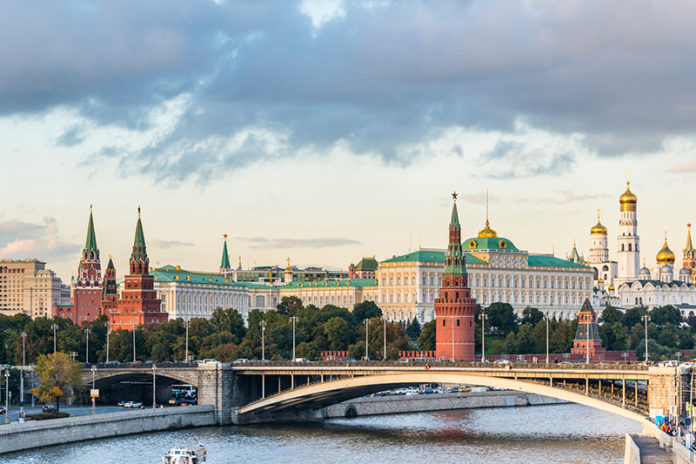The International Skating Union has announced that it won’t let Russian athletes compete in this month’s world championships, and you may think this is a fitting punishment for the sordid doping scandal involving 15-year-old Kamila Valieva at the Beijing Winter Games.
But you would be wrong.
The Russians are not being barred for that transgression or for the long history of Russian doping in Olympic sports or because the ISU fears another positive test. These skaters are being barred because their government has mounted an invasion of Ukraine. They will pay the penalty for Vladimir Putin’s crimes.
Ditto for the 71 Russians and 12 Belarusians who traveled to Beijing to compete in the Paralympics. The International Paralympic Committee banished them Thursday, allegedly because participants from other countries objected to their presence.
Not to be outdone, the International Cat Federation says it will not allow any feline owned by people living in Russia to take part in its international competitions. It will also exclude Russian cats from its pedigree books.
Wars have a way of obliterating crucial distinctions, such as the one separating the innocent from the guilty. Russian skaters and Paralympians didn’t decide to make war against Ukraine, and neither did Russian cat fanciers. But at the moment, being Russian is enough to make you radioactive.
The anti-Russian movement has claimed other victims. The Bavarian State Opera canceled performances by singer Anna Netrebko for an alleged “lack of sufficient distancing” from the despot in the Kremlin. The Munich Philharmonic Orchestra fired conductor Valery Gergiev when he failed to denounce Putin.
Dan Milstein, a Kyiv-born agent who represents most of the Russians in the National Hockey League, said his clients have been the target of harassment and death threats. The United States Hockey League and the Canadian Hockey Leagues, which feature young players, may exclude Russians from next year’s draft.
All this amounts to equating nationality with evil. But in this war, the villains are not the Russian people as a whole or Russian athletes and artists in particular. They have no control over the autocrat who rules their country.
The only people who deserved to be held responsible for the assault on Ukraine are those who are part of the regime or closely tied to Putin. Seizing the yacht of the head of a big state-controlled oil company, as France did, is fitting. But other Russians should be considered blameless unless proven otherwise.
Nor is there justice in punishing Russians who decline to take a firm stand against the war.
We don’t know what pressures they are under to keep quiet, but the Putin regime has a history of taking harsh measures against dissidents — including murder. Its assassins have even struck in foreign countries.
The grim truth is that Russians at home and abroad can’t act or speak without weighing the serious risks to them and their families. Well before the invasion, a lot of dissidents and journalists had gone into exile abroad for fear of being locked up.
Nikita Zadorov of the NHL’s Calgary Flames posted a “No war” message on Instagram, but Milstein thinks that sort of statement should not be demanded of his fellow Russians.
“While some of my clients can speak freely in the safety of being in North America, their family could be scrutinized back home and anything could happen,” he told ESPN.
Those Russians who are part of Putin’s circle or have publicly championed his policies belong in a different category. Shunning them is a sensible act of moral hygiene.
Organizations and individuals have solid grounds to avoid Russia. The men’s and women’s professional tennis tours called off a tournament scheduled for Moscow. Some Western musical artists have scrubbed concerts.
Soccer organizations in Poland, Sweden and the Czech Republic announced that their teams would not play World Cup matches in Moscow. Formula One said it will no longer hold races in Russia.
Proceeding with such events would imply, at best, indifference to Putin’s aggression, while generating revenue that could bolster his economy and his regime. Pulling the plug lets Russians know in no uncertain terms that most of the world sides with Ukraine. Ordinary Russians will pay a price, but that’s an unfortunate side effect, not a praiseworthy purpose.
In time of war, it’s crucial to accurately identify the enemy. Being a brutal tyrant who commits international aggression is grounds for condemnation, punishment and ostracism.
Being Russian shouldn’t be.































